

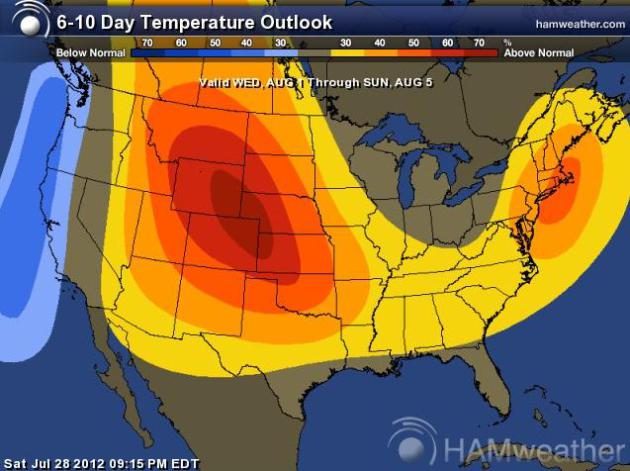

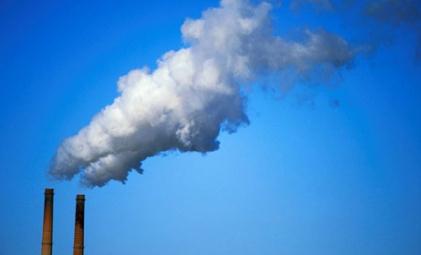
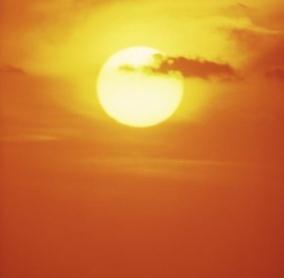
- excerpt of a forthcoming New York Times Op-Ed from former climate skeptic, Richard Muller, lead author of the "BEST" (Berkeley Earth Surface Temperature) project. Details at The New York Times below.
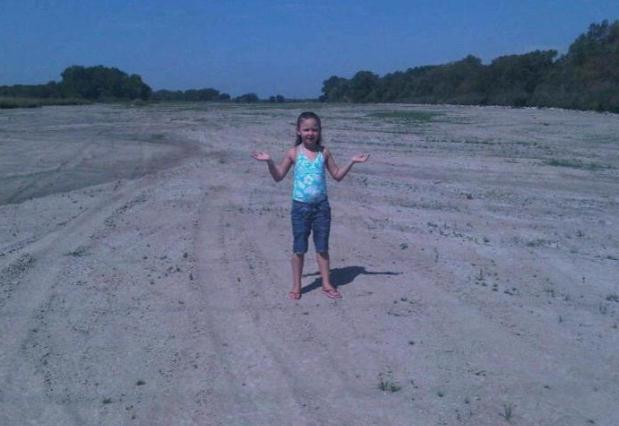
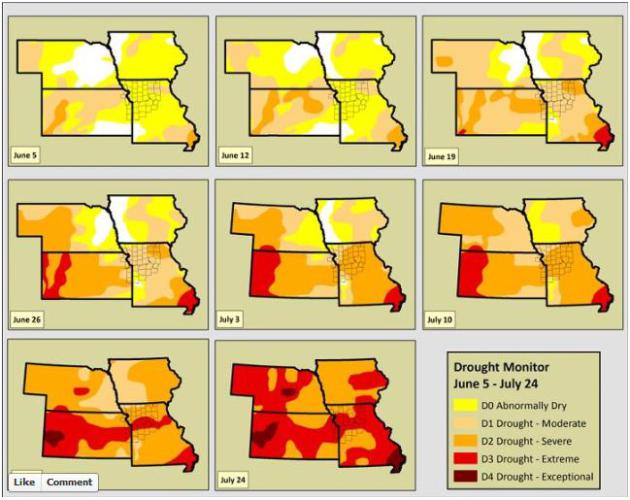
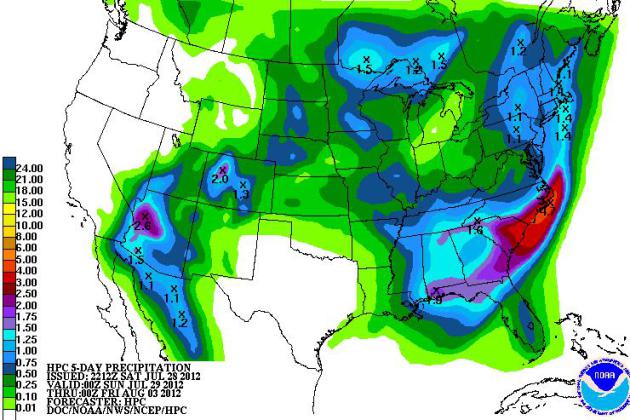
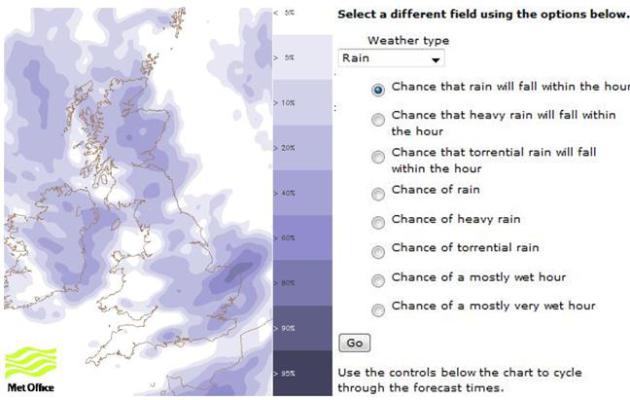
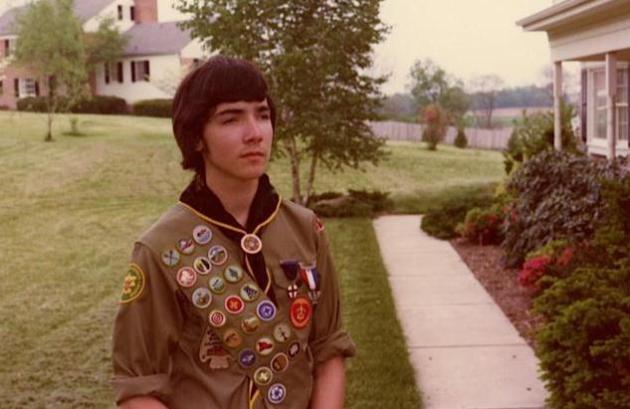
Paul,
"A couple of days ago, you mentioned that you expected highs in the low 70s by the end of next week. Now you're predicting 90s! What's responsible for the huge swing in the forecast? Is it beyond reason to hope for an early end to this summer from hell? Those of use without air conditioning are really suffering."
Jack Delehanty
"A couple of days ago, you mentioned that you expected highs in the low 70s by the end of next week. Now you're predicting 90s! What's responsible for the huge swing in the forecast? Is it beyond reason to hope for an early end to this summer from hell? Those of use without air conditioning are really suffering."
Jack Delehanty
Minneapolis
Jack - I tried to answer your
question below, in the main weather column for Sunday. It won't come as
much of a shock when I tell you that long-range forecasting is more art
than science. I based my cooler forecast (for next weekend) on the ECMWF
(European) model, which has been doing a pretty good job in recent
months, better than most of the U.S. models - but still not perfect.
This just in: there will never be a "perfect" long range forecast. As
new data comes in the forecast changes, new data initiatlizing the
weather models 4 times/day. Maddening? Yes, but look for trends over
time - are the models getting wetter, drier, warmer or cooler over time?
Is there general agreement among (all) models are is the meteorologist
going out on a limb with one specific model?
I believe the worst of the heat is
behind us now. We will see more 90-degree days, probably another 8-12 by
late September, but the odds of 100-degree heat are dropping now with
each passing day. The heat wave anchored over Kansas City has been
remarkably persistent for 6 weeks now, but it's showing signs of
shrinking and shifting south in early August. The boundary separating
blast-furnace heat from cool, Canadian air is slowly migrating south
over time, and I stand by the forecast - I still think we'll see some temporary relief from the 90s by next weekend; maybe a couple days in the 70s to near 80.
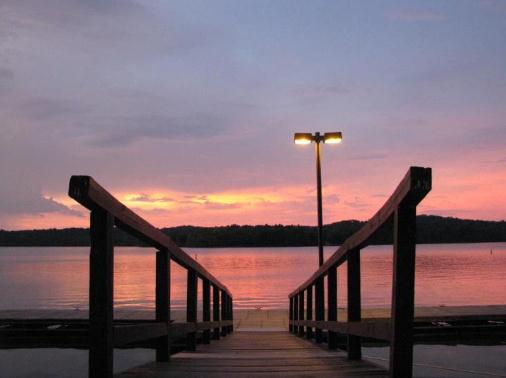
Fiery Dusk. Thanks to Gregory Scott Potter for sending this photo along.

Olympics Weather: Cool & Soggy. Click here
to see the latest extended forecast for London from Ham Weather. Highs
will be in the 60s through Friday with frequent showers, possible
thunder. Typical weather for Great Britain.
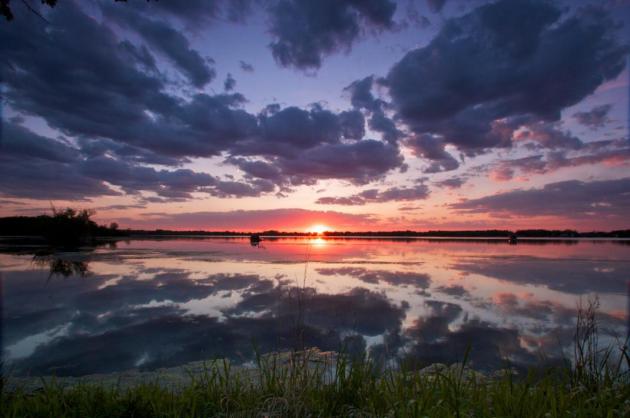
* photo above courtesy of Steve Burns.
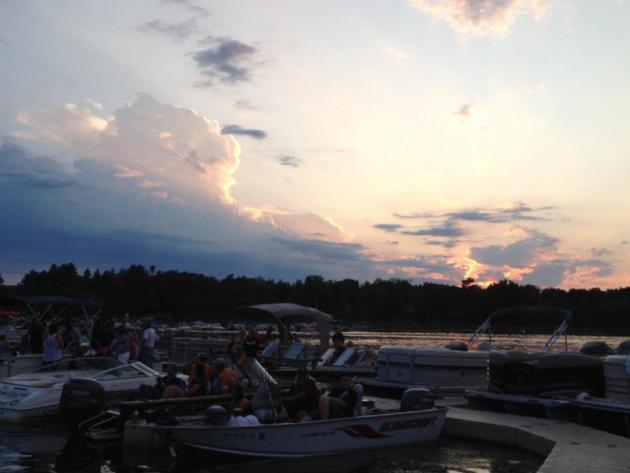
35
That's how many 90-degree days I'm predicting for the Endless Summer of '12. Average is 13. The natives are restless.
Jack Delehanty from Minneapolis writes "A couple
of days ago you mentioned that you expected highs in the low 70s by the
end of next week. Now you're predicting 90s! What's responsible for the
huge swing in the forecast? Is it beyond reason to hope for an early
end to this summer from hell? Those of us without air conditioning are
really suffering."
I feel your pain. I too am without A/C.
I get it.
The 7-day Outlook always gyrates as new model data arrives. That's not an excuse, just meteorological reality.
Another hot week is on tap, but it won't be nearly as torrid as a few weeks ago.
I'm seeing the boundary between cool 70s and
sizzling 100s shifting south over time. That should mean a welcome cool
front next weekend.
The trend: more frequent breaks from the (insane) heat & humidity.
Morning showers may give way to 90 today: I expect 2-3 more days above 90 by Friday.
At least we're seeing SOME rain. Drought-plagued
Indianapolis residents have given up; many are spray-painting their
lawns green.
Yes Jack; it could be a lot worse.

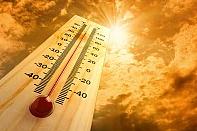
New Global Temperature Reanalysis Confirms Warming; Blames CO2. Here's an excerpt of an Op-Ed from a (former) climate skeptic, Richard Muller at The New York Times "Richard
Muller, the head of the Berkeley Earth Surface Temperature project,
will publish an op/ed next week in the New York Times summarizing his
group's findings with regard to global temperature trends. From a copy
of the op/ed, Converted Skeptic, circulating on the web: CALL me a
converted skeptic. Three years ago I identified scientific issues that,
in my mind, threw doubt on the very existence of global warming. Now,
after organizing an intensive research effort involving a dozen
scientists, I’ve concluded that global warming is real, that the prior
estimates of the rate were correct, and that cause is human."
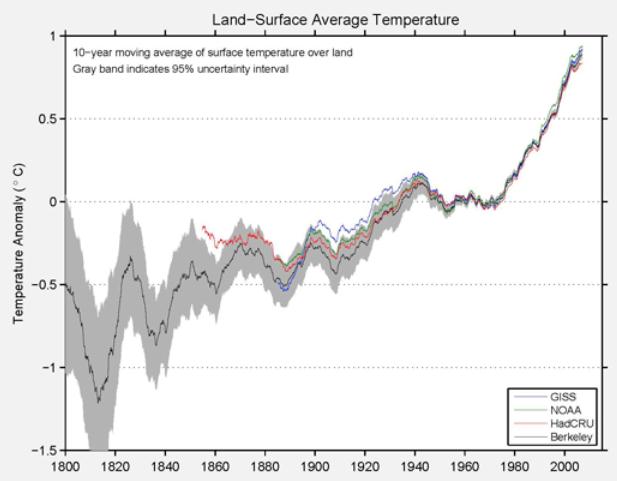
Bombshell: Koch-Funded Study Finds "Global Warming Is Real", "On The High End" And "Essentially All" Due To Carbon Pollution. An excerpt from Joe Romm at Think Progress: "...Yes,
yes, I know, the finding itself is “dog bites man.” What makes this
“man bites dog” is that Muller has been a skeptic of climate science,
and the single biggest funder of this study is the “Charles G. Koch Charitable Foundation ($150,000).” The Kochs are the leading funder of climate disinformation in the world!
It gets better:Our results show that the average temperature of the earth’s land has risen by two and a half degrees Fahrenheit over the past 250 years, including an increase of one and a half degrees over the most recent 50 years. Moreover, it appears likely that essentially all of this increase results from the human emission of greenhouse gases.
These findings are stronger than those of the Intergovernmental Panel on Climate Change, the United Nations group that defines the scientific and diplomatic consensus on global warming."
Graphic credit above: "The decadal land-surface average temperature using a 10-year moving average of surface temperatures over land. Anomalies are relative to the Jan 1950 – December 1979 mean. The grey band indicates 95% statistical and spatial uncertainty interval.” A Koch-funded reanalysis of 1.6 billion temperature reports finds that “essentially all of this increase results from the human emission of greenhouse gases.”
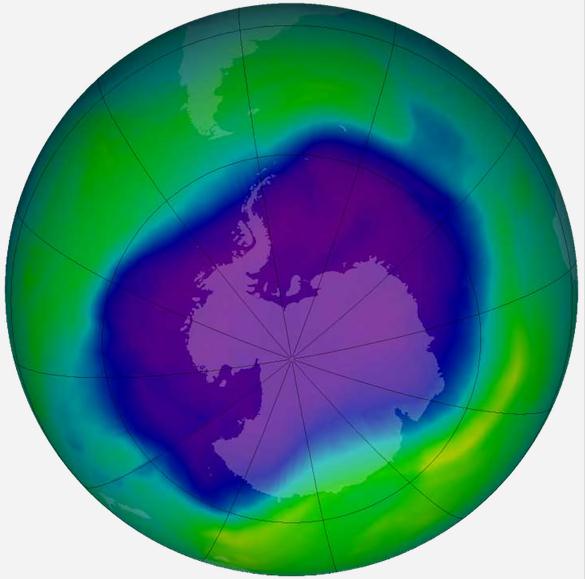
Climate Change Could Erode Ozone Layer Over U.S. Here's an excerpt from a blog at smithsonian.com: "For the past 25 years, it seemed that we’d pretty much solved the ozone problem. In the 1970s and 80s, people around the world grew increasingly alarmed as research revealed that chemicals we were producing—such as CFCs, used in refrigeration— had started destroying the crucial ozone layer, high up in the atmopshere, that protects us from the sun’s harmful UV radiation. In response, world governments came together to sign the Montreal Protocol in 1987, which phased out the production of ozone-depleting chemicals. The concentration of these chemicals in the atmosphere leveled off within a decade. Yesterday, though, Harvard scientists hit us with some bad news: It looks as if climate change could actually cause the depletion of the ozone layer to resume on a wide scale, with grim implications for the United States."
Image credit above: "Climate change could produce an ozone hole over the U.S. similar to the one observed over Antarctica, above, in 2006." Image via NASA.

Photo credit above: "Rebecca Phillips, plant pathologist at ARS-Northern Great Plains Research Laboratory, works out in the fields in Australia studying carbon fluxes with other scientists."
